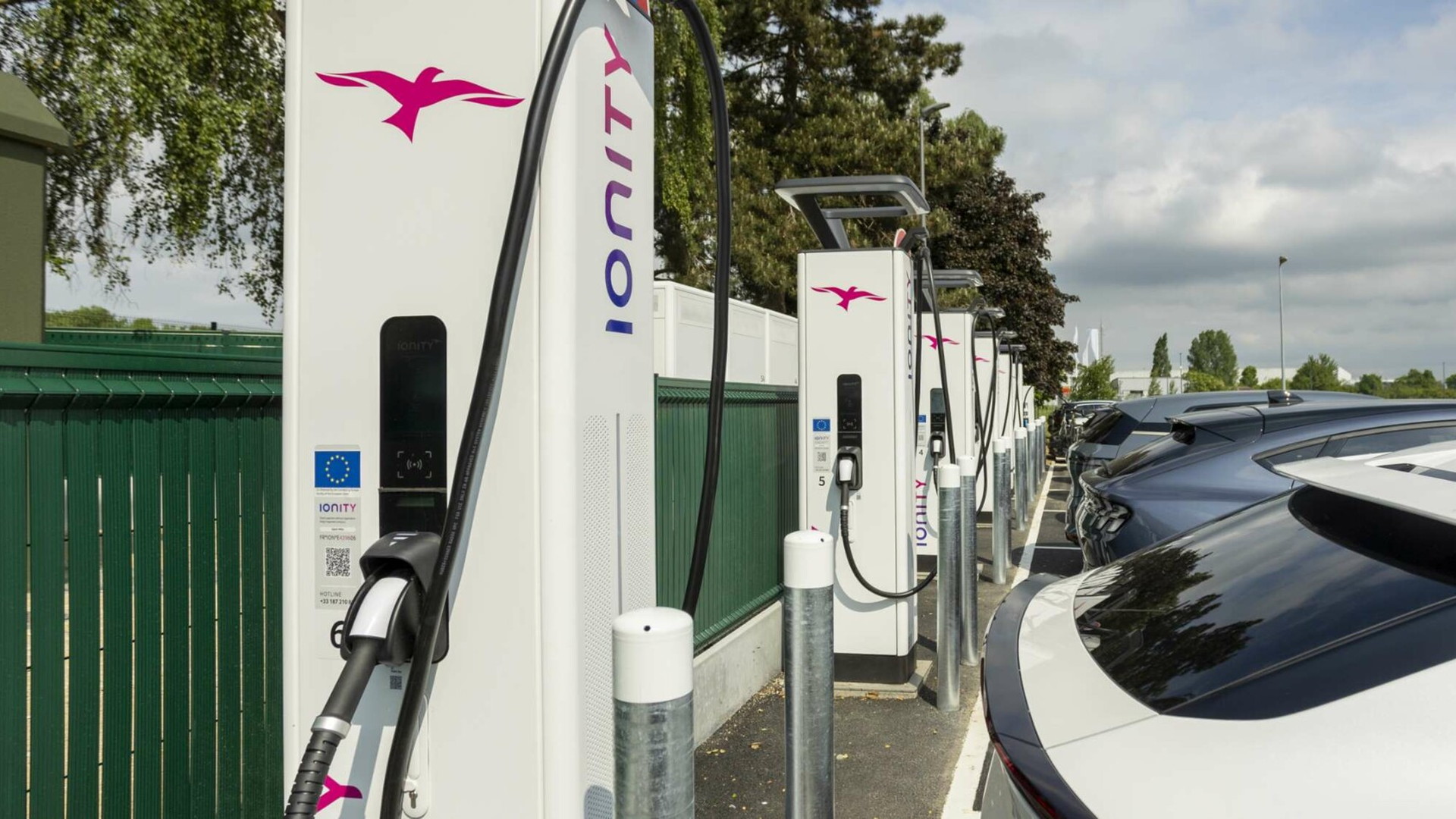Carlos Ghosn, the man behind the Nissan Leaf electric car and now the chairman of the Renault Nissan Alliance, isn't the first to say it.
But his recent comment that cities are driving the push for electric cars is an important one, because it indicates a prime market for their advantages.
The result is that city governments all over the world are starting to push aggressively for more plug-in vehicles—and tackle the impediments to deploying them.
DON'T MISS: Mayors of 4 capital cities to ban all diesel vehicles by 2025 (Dec 2016)
Cities have been one of the primary opponents of older, high-polluting diesel vehicles, an effort that has gained recent momentum as data continues to emerge that diesels in real-world use emit many times the legal limits on nitrogen oxides under which they were certified.
The mayors of Athens, Madrid, Mexico City, and Paris now say they plan to ban all diesel cars and trucks by 2025.
And London has modified its congestion charge to penalize the oldest, dirtiest vehicles, a group largely expected to be made up of diesels sold before 2004.

Mexico City
The fight against high-emitting vehicles—and, to some degree, vehicles that emit the climate-change gas carbon dioxide at all—is now coming from cities all over the world.
The state of California is also a pioneer in that regard, notes a Bloomberg article last week on the phenomenon.
"Rather than national and international bodies, the big push for change is coming from urban centers like Paris, Seoul and Mexico City," the article summarizes, "and U.S. states such as California, where leaders are reacting to the health hazards caused by deteriorating air quality."
READ THIS: Hybrids lose London privileges two weeks from today: here's why (Jun 2016)
One pioneer was London, which instituted a congestion charge to enter the central city on weekdays during business hours way back in 2003.
It modified the charge to incentivize use of vehicles with the lowest carbon emissions, and then again to encourage zero-emission vehicles (they're free) once electric cars became more widely available.
The Great Smog that descended on London in December 1952 is still part of living memory there, an event now estimated to have killed as many as 12,000 people, far higher than the 4,000 to 5,000 cited at the time.

Bollore BlueCars recharging at Paris curb for the Autolib electric-car sharing service, Sep 2016
A ban on burning coal for home heating followed, going into effect in 1964, and this year all of Britain had its first day in 135 years in which no coal was burned to generate electricity.
Cities have now added to their focus on the visible emissions from coal and diesel new concerns over vehicular emissions of carbon dioxide—which led to London's congestion-charge fees based on rated carbon emissions.
CHECK OUT: When Will We Start To See 'Tailpipes' On Cars As Morally Wrong? (Nov 2015)
As the Bloomberg article notes, "automakers can't afford to ignore these initiatives," especially since most of the world's anticipated population growth will take place in large cities outside North America.
Between China's increasingly stringent requirements for plug-in electric cars, carbon-emission limits in Europe and Asia, and a variety of regulatory carrots and sticks, in other words, what happens in the U.S. may be less and less relevant to the cars of the future.
_______________________________________













